Blog
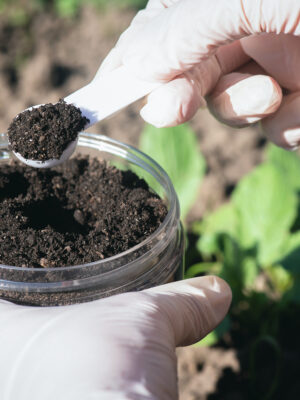
microBIOMETER® at Penn State University.
We began offering microBIOMETER® Academia Classroom Kits last year and are excited with the interest we have received so far from universities, high schools and other academic institutions in the U.S. and abroad. Professors are utilizing our soil test to introduce their students to the world of microbes and soil

Carbon Sequestration
Increasing your soil microbes increases carbon sequestration. Carbon is stored in the soil as “humic materials” i.e. C,N,P,K etc.; rich organic matter which is the soil organic carbon or sequestered carbon in the soil. The formation of humus, the final stable carbon, is a stepwise process. All organic carbon

Agronomist in the U.K. assisting clients with soil health.
Ben Taylor-Davies, also known as Regen Ben, is a farmer and bioagri-ecologist working from Herefordshire in the UK. His farm is based in Ross-on-Wye and has been focused on environmental improvements for the past 22 years. His work includes creating 12km of new hedges with 6m of pollen and nectar

Soil research using microBIOMETER®
Ben Lehman, research assistant in the Nutrient Management Spear Program at Cornell University, completed a study on the Within- Field Variability of Soil Characteristics and Corn Yield Stability on a New York Dairy Farm. Ben utilized microBIOMETER® in his research to determine the microbial biomass of the soil samples. This study was presented
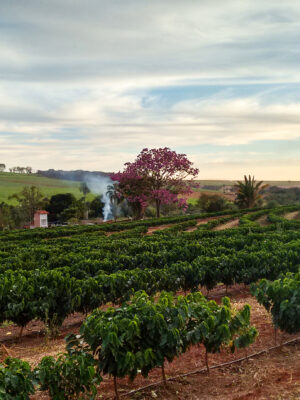
microBIOMETER® assisting farmers with regenerative agriculture around the world.
Sometimes the wisdom we need to build a great future is buried in the past. Regenerative agriculture isn’t an entirely new concept, it’s actually more of a return to the wisdom of farmers from days gone by. What’s old is new again and its popularity is spreading around the globe
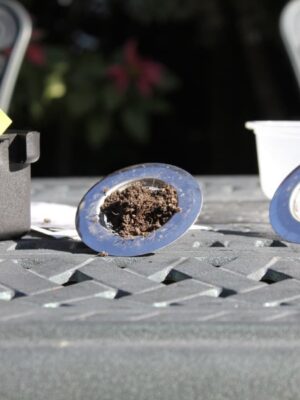
Variance in soil samples explained
Often, we are asked about variance – different results when you test the same sample. Our answer is that nature produces most of this variance. To explain, when you measure out 0.5 cc of soil, you have on average about 0.6 grams of soil. If your microBIOMETER® results read 300ugMBC/gram
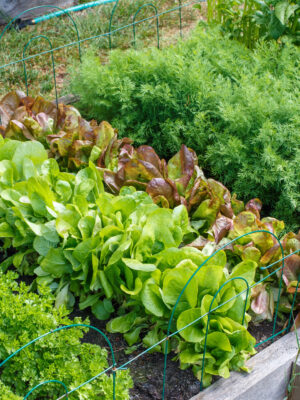
microBIOMETER® Soil Testing in New Zealand garden community
In learning how to develop healthy soil for healthy plants and people, Frans Plugge of New Zealand discovered the importance of increasing the fungi population in his garden and this led him to microBIOMETER®. “The microBIOMETER® soil test makes measuring the fungi to bacteria ratio so easy,” Frans said. To
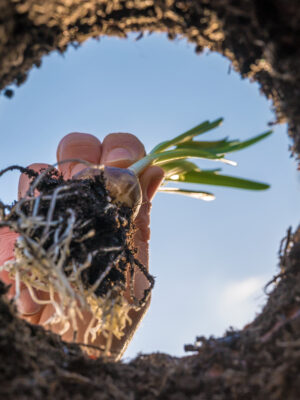
How do plants farm soil microbes?
UPDATE: Dr. White sat down with Dr. Fitzpatrick and Jeff Lowenfels to discuss rhizophagy. Click here to view the webinar. (Jan. 15, 2021) A summary of James F. White’s presentation at BioFarm, 2020 (Nov. 12, 2020). The rhizophagy cycle is an amazing process recently discovered by James White’s laboratory at
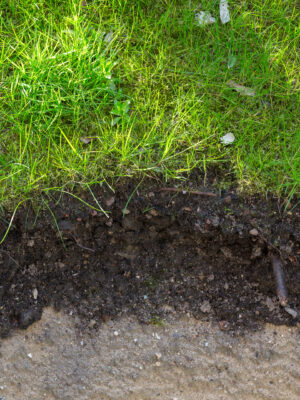
How much carbon can be stored by increasing your soil microbes?
microBIOMETER® reports the microbial biomass as ug of microbial carbon/gram of soil. The chart pictured here shows how much carbon can be stored in an acre just by increasing microbial biomass alone. (Chemically fertilized farmland averages about 100 ug/microbial C/g of soil.) Microbial biomass is the best single estimate of
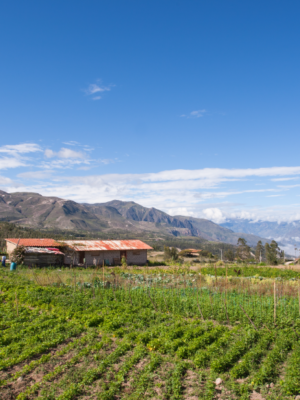
Research shows microBIOMETER® correlates with crop health
Katharhy G. is an agroecosystem and ethnoscience researcher who traveled to Ecuador to investigate the relationship between microbial biomass and crop health, as well as to study the local indigenous agriculture practices. He visited 28 different farms growing 15 different crops. 14 of these farms are practicing conventional farming, while
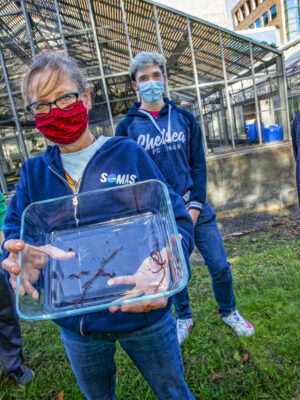
microBIOMETER® collaborates with university soil study
The effect of various Roundup formulations and microplastics on soil. Dr. Sharon Pochron and her students at Stonybrook University in New York have been using microBIOMETER® for two years. Dr. Pochron studies the effect of various Roundup formulations and microplastics on soil microbes and soil invertebrates. Her most recent publication
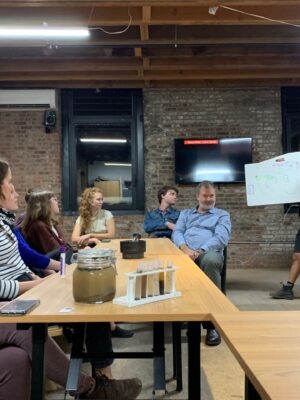
Can you carbon farm in a city?
Carbon Sponge is an interdisciplinary collaboration exploring the potential for urban soils to sequester carbon as a means to mitigate anthropogenic greenhouse gases and build healthy soil. At microBIOMETER® we were very excited to work with Brooke Singer and play a role in this important project. Brooke initiated Carbon Sponge during her residency at the
